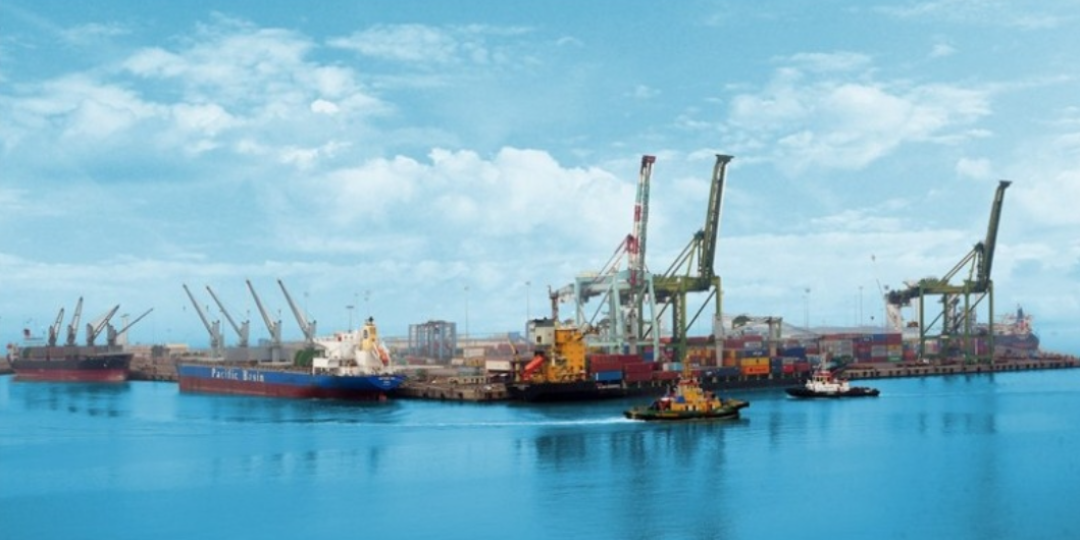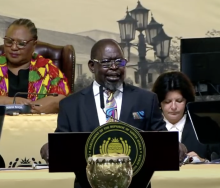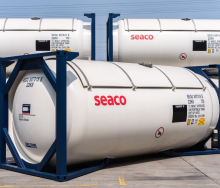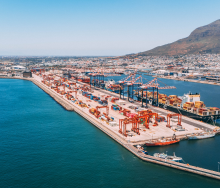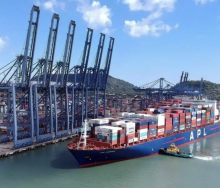Dockworkers across India’s twelve largest ports have declared an indefinite strike from August 28, following failed discussions over wages and allowances dating back more than three years.
The decision came after a two-day meeting at V.O. Chidambaranar Port in Thoothukudi, where members of the All India Port and Dock Workers’ Federation expressed dissatisfaction over the long-standing deadlock in wage talks.
The previous wage agreement expired in December 2021 and, despite the formation of a bipartite wage negotiation committee by the Ministry of Shipping in March 2021, no resolution has been reached after seven meetings spanning 31 months.
Union leaders blame the impasse on what they describe as "illogical and unlawful guidelines" imposed by the government, which they say have obstructed meaningful negotiations and deepened workers’ frustration.
The dockworkers’ key demands include immediate wage revisions, fitment benefits, protection of existing entitlements, and the enforcement of prior agreements.
They are also calling for pension benefits backdated to January 2022 and the release of delayed productivity-linked rewards.
Concerns have grown, particularly around the festival season, a time when bonuses are traditionally issued.
The situation has been further strained by what union officials describe as a "lethargic attitude" from the Ministry of Shipping, which has reportedly not engaged in talks with labour federations on port-related matters for the past five years.
This contrasts with previous practices where quarterly meetings were held to address concerns.
The strike is expected to disrupt port operations nationwide, with the dockworkers’ federation receiving support from other unions, including the Water Transport Workers’ Federation of India.
The action underscores broader unease over industrial relations at major ports, which have worsened since the enactment of the Major Port Authorities Act in 2021, centralising control over port management.
As the strike deadline looms, dockworkers remain steadfast in their demands, emphasising the need for a fair and prompt resolution to their grievances.
